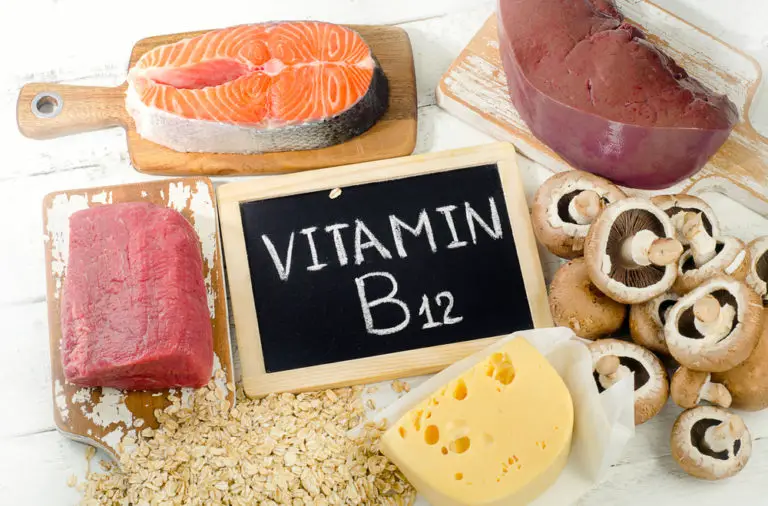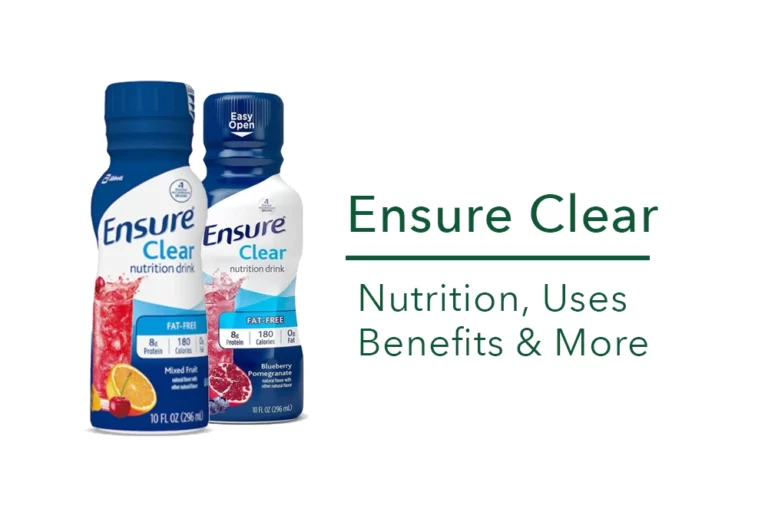Appetite Stimulant Drugs for Older Adults
Poor appetite is a common problem in older adults, especially for those living in long-term care.
It can contribute to unintentional weight loss and nutritional deficiencies, and is associated with poor health outcomes such as malnutrition.
To counter the dwindling appetite of older adults, doctors commonly prescribe appetite stimulants.
Little is known, however, about their safety or effectiveness for increasing appetite in older adults.
This article discusses whether an appetite stimulant is safe and effective for increasing appetite in older adults, and explains how the healthcare team can work together to counter a declining appetite.

Poor appetite is common among older adults
An estimated 15-30% of older adults have declining appetites as they age, with higher rates in women, nursing home residents, and hospitalized older adults (1).
Older adults often feel less hungry than their younger counterparts, both between meals and after meals (2).
There are several factors that contribute to a declining appetite in older adults.
Factors linked with poor appetite in older adults include (2, 3, 4, 5):
- Depression. Medical conditions, loss of a significant other, and financial constraints may lead to depression and a loss of appetite.
- Hormonal changes. Older adults have changes in the gut hormones that lower hunger and increase satiety, or feelings of fullness.
- Sensory changes. Smell and taste — potent appetite stimulators — diminish with age, leading to less enjoyment with eating.
- Diseases. Chronic diseases such as diabetes and heart disease are highly prevalent among older adults and can decrease appetite.
- Medications. Most of the medications used to treat chronic diseases have side effects that can decrease appetite, such as constipation, diarrhea, and taste changes.
- Immobility. Whether from disease or physical injury, immobility and less physical activity decreases calorie needs along with appetite.
Although the first line of treatment should be to identify and treat any underlying cause of poor appetite, appetite stimulant medications are often turned to first.
Common appetite stimulant medications and their side effects
Appetite stimulants are medications that can increase appetite.
Currently, there are no medications approved by the Food and Drug Administration (FDA) for appetite stimulation in older adults.
The American Geriatrics Society Beers Criteria for potentially inappropriate medication use in older adults recommends caution with the use of some appetite-stimulating medications and recommends avoiding others due to their ineffectiveness and high risk of side effects (6).
Megestrol (Megace)
Megestrol acetate, sold under the brand name Megace among others, is a man-made version of the hormone progesterone.
It’s used to treat breast cancer and endometrial cancer, and to stimulate the appetite of people with wasting diseases due to severe chronic illness.
Studies using the medication for appetite stimulation in older adults have failed to find clinically significant results (7, 8).
Significant side effects, however, have been observed with the use of megestrol in older adults such as harmful blood clots, toxic reactions in those with impaired kidney function, and an increased risk of death (9, 10)
Mirtazapine (Remeron)
Mirtazapine is an antidepressant sold under the name Remeron.
It has been used to help increase appetite and weight gain in older adults that are depressed.
The sedating properties of the drug can increase the risk of other side effects, namely falls.
Although studies involving the use of mirtazapine for weight gain in older adults not depressed are lacking, studies suggest mirtazapine may be effective for older adults with weight loss who are also experiencing depression (11, 12).
Nonetheless, more studies on the efficacy and safety of mirtazapine for appetite stimulation in older adults are necessary (13, 14).
Dronabinol (Marinol)
Dronabinol, commercially sold as Marinol, is a drug that contains tetrahydrocannabinol (THC), the compound responsible for marijuana’s mind-altering effects.
It’s approved by FDA for the treatment of nausea and vomiting associated with cancer chemotherapy as well as appetite stimulation in people with acquired immune deficiency syndrome (AIDS)-related weight loss (15, 16).
While promising, research investigating the effects of dronabinol on appetite or weight gain in older adults is scarce (17, 18).
The FDA advises caution in prescribing dronabinol to older adults because they are generally more sensitive to the mind-altering effects of the drug (19).
Cyproheptadine (Periactin)
Sold under the brand name Periactin, among others, cyproheptadine belongs to a class of medications called antihistamines.
It works by blocking the action of histamine, a substance in your body that causes allergic symptoms such as itching, watery eyes, sneezing, and runny nose caused by allergies or irritants in the air.
Cyproheptadine has also been used for the purpose of weight gain.
Early studies have shown that the drug promotes significant weight gain compared with a placebo in both children and adults (20, 21, 22).
No evidence, however, has shown that cyproheptadine is effective for increasing appetite or weight in older adults.
Moreover, the most common side effect of the medication is drowsiness, which can increase the risk of falls in older adults.
Natural appetite stimulants
Beyond prescription appetite stimulants, there are several natural appetite stimulants that may increase older adults’ appetite.
Older adults — whether due to poor dietary intake or specific conditions that decrease their absorption — are at an increased risk for deficiencies in certain vitamins and minerals like iron, zinc, and thiamin (vitamin B1).
Deficiencies or low levels of these nutrients can decrease appetite by influencing taste and smell or hormones that affect appetite.
Restoring levels of these nutrients has been shown in some studies to stimulate appetite and increase calorie intake in older adults (23, 24, 25).
Treating the underlying cause of poor appetite should be prioritized, and screening or testing for deficiencies in these nutrients is a good first-line treatment and may eliminate the need for prescription appetite stimulants.
Fish oil supplementation and aromatherapy with cinnamon, clove, and fennel essential oils may also stimulate appetite (26, 27).
Weight gain syrups commonly contain iron, zinc, thiamin, and fish oil, which may be useful for older adults who struggle with pills.
The bottom line
Current evidence is lacking for the use of an appetite stimulant in older adults.
Several factors contribute to a declining appetite in older adults including depression, hormonal and sensory changes, disease, medications, and immobility.
Identifying and treating the root causes of poor appetite in older adults should be the first line of defense rather than appetite stimulant medication.
In some cases, deficiencies or low levels of certain nutrients like iron, zinc, and thiamine can decrease appetite, and restoring their levels through supplementation may enhance appetite.






